The French series on Arte TV bears an English name but investigates the history of a popular Algerian music genre that is a close relative of chaabi.
Melissa Chemam
Raï music has long been considered the soundtrack of post-modern, post-colonial Algeria, evolving from popular folk songs to auto-tuned contemporary dance floor mixes. Inscribed in December 2022 on the list of the “Intangible Cultural Heritage of Humanity” by UNESCO, raï has had both great and poor press, legendary voices and damaging heirs. But it has endured for decades, and the genre is still revered by many in North Africa, Europe and beyond. (Visit Muziekweb for an extended catalogue of raï albums.)
The most recent illustration of raï’s enduring legacy is a new French TV series, Raï Is Not Dead, produced by the Franco-German television channel ARTE and ZED production. The documentary episodes follow Algerian-French DJ and record collector Hadj Sameer, as he takes viewers on a journey from Barbès Rochechouart in Paris to the motherland, Oran and Algiers, Algeria, as well as raï hotbeds like Lyon and Marseille.
As Sameer asks, “How did a music born in Oran in the 1970s, merging traditional Algerian rhythms with modern instruments, to sing about love, alcohol-infused parties and daily life, manage to conquer the whole world? And then why did it disappear?”
Naïma Huber Yahi, one of the principle historians interviewed in the first episode, replies: “Raï is not dead. It never died. It always comes back.” Huber Yahi knows the subject; she has written extensively about Algerian music, and also curated last year’s Douce France exhibition around Algerian music legend Rachid Taha, an event I covered for TMR.
Having lived in Barbès (where the series starts) for seven years myself, I have always been very aware of the numerous places of legacy surrounding raï in this populous, popular, and passionately friendly neighborhood of Paris, marked by Arab or African cultures on every street corner. This is one of the birthplaces of raï music production, with its old bars where some of the legendary singers lived and breathed, night and day, among other immigrants, and its old cassette and record shops.
This is where Sameer starts his journey for the documentary series. From the very first minutes, what makes the series work is mainly Sameer’s warm personality, his passionate and authentic interest in the music, and his humane contact with the experts and musicians he ventures to interview.
A native of Saint-Germain-en-Laye, in the western suburbs of Paris, Sameer is himself a child of the Algerian diaspora. He belongs to “a generation that experienced the golden age of raï, then saw the genre evolve, and is now trying to find the meaning that this music had for our parents,” as he told the French weekly cultural magazine Télérama early in February, when the first episodes aired.
The series is constructed around his personal collection of cassette tapes and vintage records, and his mission to create “an anthological mixtape” as well as to collect the stories of the main actors and voices of this Algerian anthropology.
He starts with pioneering leaders of the genre, among them Cheb Khaled, Cheikha Remitti, and Bouteldja Belkacem, and then embarks on “a real field investigation,” like an “Indiana Jones and the Lost Ark of Rai,” he jokes. These three names, as Sameer points out, acquired world renown. This is especially true of Khaled, who toured across three continents — a first for a contemporary popular musician from North Africa.
Cheikha Rimitti (1923–2006) was one of the rare female voices of Algerian raï to manage her own career successfully, in what is a very misogynistic environment. Known globally as Rimitti, she grew up a poor orphan, her parents having died during the violent French occupation of Algeria. She started singing at the age of 15, and joined a group of traditional Algerian musicians. She began writing her own songs in 1943, tackling in verse the tough life endured by the Algerian poor, the pleasures of love, the succor provided by alcohol and friendship, and the realities of war.
I was invited to see the preview of Raï Is Not Dead by a French Algerian DJ, Fazia Lellou (known as La Louuve), and her boyfriend, the incredibly talented Tunisian electronic music artist Wael Ghoula, whom I will write about in the next installment of my monthly column. The screening took place at the Institut du Monde Arabe, the Parisian museum dedicated to Arab cultures since its opening in 1987.
The massive cinema room was crowded. Some of the stars of the film were among the audience, and on several occasions the viewers expressed their emotional reactions to the iconic on-screen depiction of French-Algerian culture so loudly, often laughing, that it was positively heartwarming.
In my discussions with some of the attendees at the after-party, I learned that, to most of them, raï has been a symbol of enjoyment, liveliness, and resistance, especially during the decade of civil war in Algeria, the 1990s, when it was impossible to express such feelings. To me as well, raï has remained one of the rare positive phenomena coming out of my parents’ country during that trying era. I remember that, in 2000, when I returned to Algiers for the first time since 1992, I reunited with my cousins, one of whom had become a superstar DJ. His bedroom was full of raï CDs, and it was the first time we partied in years. He offered me a few CDs that I kept for the longest time as a rare contemporary embodiment of the Algerian culture of fun and togetherness, after a decade of war and terrorism, absence and mourning.
“A means of conveying social reality without taboos or censorship, raï music touches on topics such as love, freedom, despair and social pressures,” the UNESCO statement says. “It was originally practiced in rural settings,” it continues, “by doyens who sang poetic texts in vernacular Arabic, accompanied by a traditional orchestra. At the turn of the twentieth century, prima donnas added transgressive ideas, singing about the freedom to love and desire, while glorifying God and the saints.”
Over time, raï gradually earned acclaim: first at the national level, during rituals and weddings, and then at the global level, thanks to artists such as Khaled and Mami, who took the performances from enclosed spaces to cultural events, large celebrations, and national and religious festivals. “Its message of freedom and transgression has become universal, borne by young women and men who sing and dance for the youth of their country and the rest of the world,” the UNESCO statement adds.
In a recent piece entitled “From the Algerian hinterland to Unesco: The incredible saga of raï,” Algerian journalist and author Abed Charef wrote that raï “has accompanied the country’s social changes for a century,” and “had emerged from the ghetto to establish itself as the most fashionable musical genre in Algeria before breaking through internationally.” He added that “raï had become a jungle where everyone pirated everyone. The concept of copyright was unknown. It was not until the end of the1980s, with the international breakthrough of raï, that things began to change.”
In Raï Is Not Dead, Sameer retells the troubles the music genre went through while still sharing his love for its best moments, and finding the new rising stars of its potential revival.
Raï remains comparatively little-known in the English-speaking world, but with this documentary series, France has finally paid homage to a genre that, for decades, it hardly acknowledged.
Watch Raï Is Not Dead on ARTE TV.



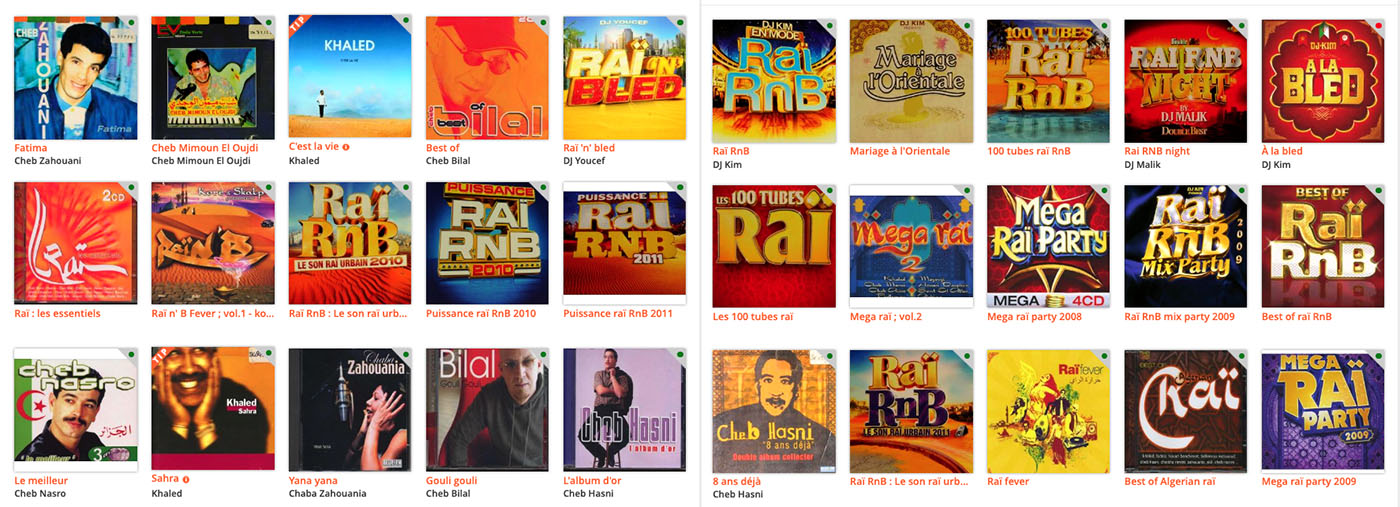
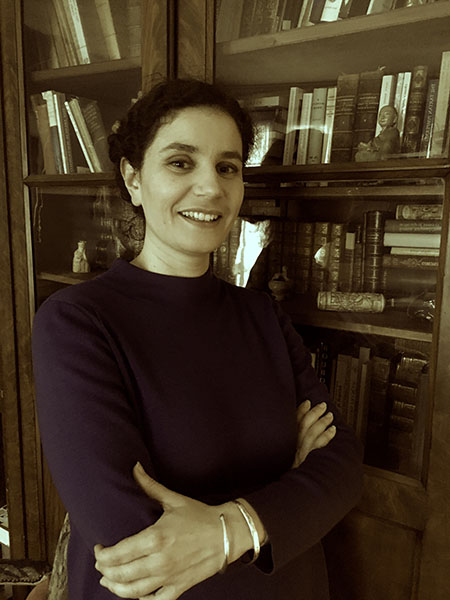
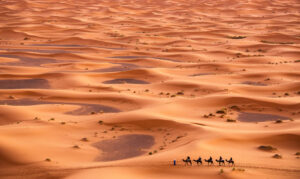

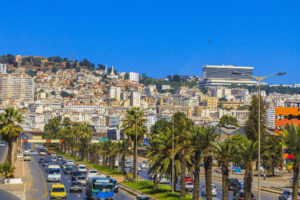





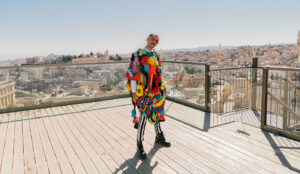

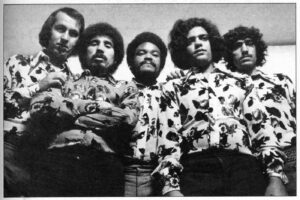


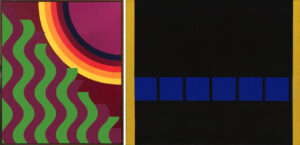


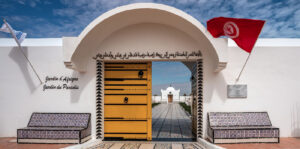

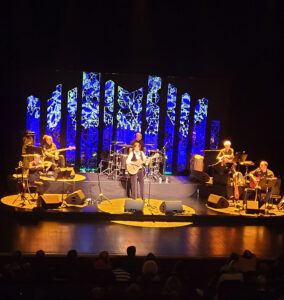
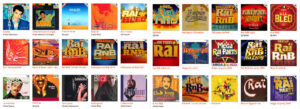







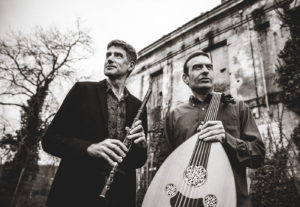



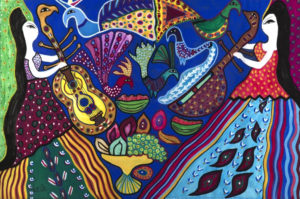









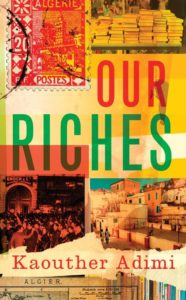

Incredible piece on a great-sounding doc.
Agreeing with Iason 100%!